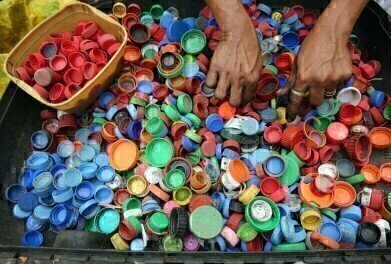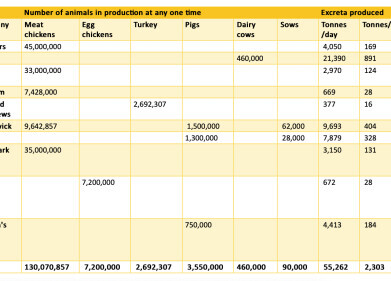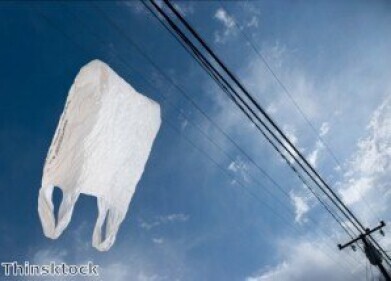Waste Management
What is Zero Waste?
May 01 2015
For most people, a daily trip to the bins to dispose of a bulging bag of rubbish is a fairly common routine. Food packaging, coffee grounds, old teabags and broken or unwanted odds and ends from around the house make up the bulk of our daily waste – but imagine if all of your waste for an entire year could fit inside a jar?
This is the reality for some people around the world who live by the philosophy of zero waste. While some may scoff at its status as a philosophy, this really is the best descriptor for the lifestyle choice that forces its followers to rethink everything they’ve ever been taught about the world. Zero waste is a commitment to a life of re-using, recycling, and rejecting certain norms.
Plastic packaging will not fly in a zero waste household. The same goes for purchasing new clothes, when nearly everything can be mended or replaced by a second-hand version.
Anamarie Shreeves, a 26-year-old from Atlanta, Georgia is an advocate for the zero waste lifestyle. And she isn’t about to let it hold her back from living a normal life – instead, she claims all that is needed is a little more mindfulness and preparation. Shreeves buys her food in bulk, and brings her own containers to avoid plastic or paper packaging. She also carries an essential kit with her every day: a jar, to fill up with water or to hold hot drinks or smoothies; a fabric napkin, to avoid using a disposable version; and a spork, so she never has to use a plastic fork to eat her lunch. These are some of the small steps she takes to cut down on her overall waste.
Another no-no in the zero waste lifestyle is petrol or fuel – which means owning a car is pointless. Shreeve gets around this by travelling on foot, by bike, or by public transport. At home, Shreeve makes her own shampoo, toothpaste, and reusable feminine hygiene products – and the burning question on everyone’s mind: can she use toilet paper? Yes! It’s just the biodegradable kind.
With the average American throwing away one tonne of rubbish every year, the zero waste lifestyle may one day be a necessity rather than a lifestyle choice. The Earth simply cannot sustain our level of wastefulness for much longer. Although, some have criticised the zero waste movement and the associated costly initiatives for directing funds and attention away from more important causes.
Mark Mondik, managing director of Origin Climate, highlighted the problems of existing landfill waste that won’t be resolved by reducing the amount of waste we send there in future. He said: “even if we successfully divert 100% of organic waste going forward, the waste that’s already there will be adding to our GHG inventory beyond 2050.”
To anyone claiming that a zero waste lifestyle is too extreme, Shreeves recommends taking it one small step at a time. The next time you throw something away, ask if it can be reused or recycled. And if it can’t, maybe you should consider if you could do without it in the future.
If you’d like to read more about the effects of landfill waste on our environment, read our report: Renewable Energy, Landfill Gas and EfW: Now, Next and Future.
Events
May 05 2024 Seville, Spain
May 13 2024 Munich, Germany
May 23 2024 Beijing, China
May 23 2024 Beijing, China
Jun 10 2024 Algiers, Algeria













